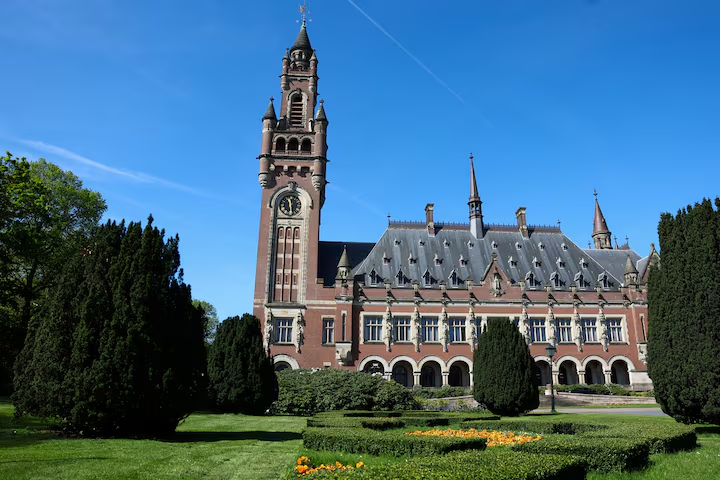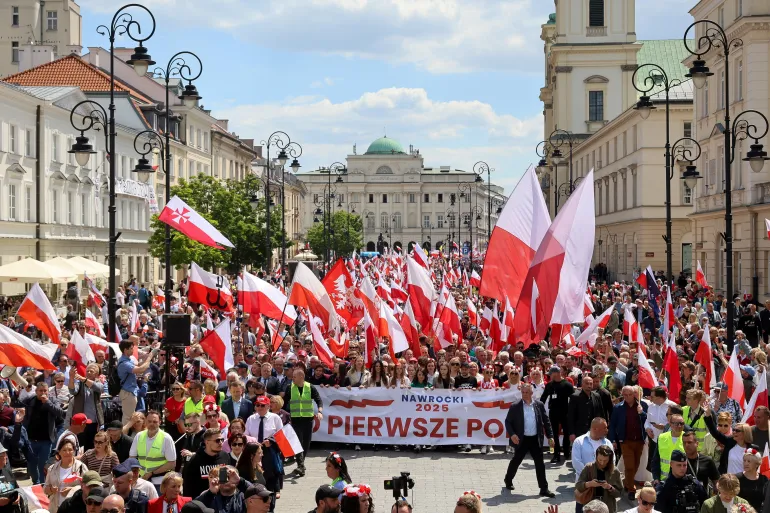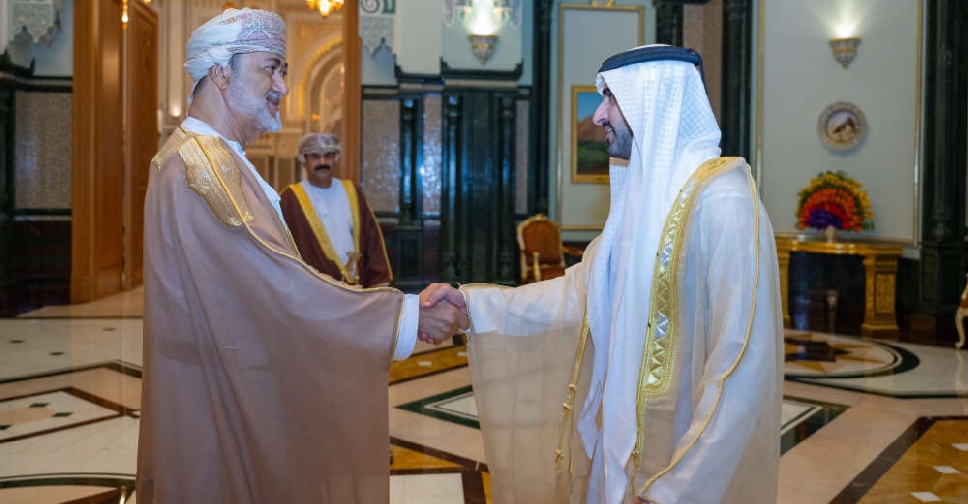In a major political breakthrough, the United Kingdom and the European Union have announced a landmark agreement aimed at resetting their post-Brexit relationship, ending years of trade and diplomatic tensions. The deal, revealed on Monday, May 19, 2025, covers a wide range of issues including trade, immigration, security cooperation, and regulatory alignment.
British Prime Minister Keir Starmer and European Commission President Ursula von der Leyen hailed the agreement as a “new chapter” in UK-EU relations, promising a more stable and cooperative future. The deal comes after months of negotiations and reflects a strong mutual interest in resolving long-standing disputes that followed the UK’s exit from the EU in 2020.
“We’ve turned the page on division,” Starmer said at a joint press conference in Brussels. “This agreement proves that we can act in the interests of our citizens without reopening old wounds.”
🔑 Key Elements of the Agreement:
1. Trade Normalisation
The deal includes provisions for frictionless trade in many sectors, with new customs protocols and digital infrastructure designed to speed up checks and reduce delays. While the UK remains outside the EU single market, the agreement introduces mechanisms to streamline border procedures and resolve disputes more efficiently.
2. Northern Ireland Protocol Replacement
A crucial part of the agreement is a new framework that replaces the controversial Northern Ireland Protocol. The revised system maintains an open border between Northern Ireland and the Republic of Ireland, while allowing goods from Great Britain to enter Northern Ireland under reduced checks, preserving the Good Friday Agreement.
3. Labour Mobility and Student Visas
The UK and EU have agreed on new short-term work visas for seasonal and skilled workers, easing labour shortages on both sides. The deal also reintroduces student exchange programmes, including the UK’s return to the Erasmus+ scheme, a move welcomed by universities and youth organisations.
4. Security and Law Enforcement Cooperation
Both parties will re-establish real-time data-sharing agreements for criminal databases, terrorism alerts, and cyber threats. UK police will regain limited access to the Schengen Information System, enhancing cross-border law enforcement collaboration.
5. Regulatory Cooperation
The agreement sets up a joint regulatory forum to manage divergence between British and EU standards in areas such as pharmaceuticals, food safety, and green technology. While the UK retains the right to set its own rules, the forum allows for negotiation to prevent market access disputes.
🌍 Political and Economic Impact
Economists believe the deal will boost business confidence, with the pound sterling strengthening immediately after the announcement. British and European industry groups welcomed the clarity provided by the agreement, particularly for automotive, agriculture, and financial services sectors.
For Starmer, the deal represents a major diplomatic win and a fulfilment of his pledge to “make Brexit work.” It also reflects a shift in tone and policy from the confrontational approach of previous Conservative governments. EU leaders have praised the UK’s renewed pragmatism.
However, some hardline Brexiteers have criticized the agreement, claiming it cedes too much control to Brussels and could lead to regulatory entanglement. Starmer has countered that the UK retains full sovereignty while reaping the benefits of enhanced cooperation.
📌 What Happens Next?
The agreement will now be presented to the UK Parliament and the European Parliament for approval. Early indications suggest it will pass with broad support, though debates are expected, particularly around immigration and legal oversight.
Implementation of the agreement is expected to begin by early summer, with joint committees already formed to oversee logistics and enforcement.
This historic UK-EU deal signals a turning point in one of the most contentious relationships in modern European history. After years of discord, both sides appear committed to building a partnership based on respect, pragmatism, and shared interests — a move that may shape the future of Europe and Britain for years to come.
Source; Al Jazeera



